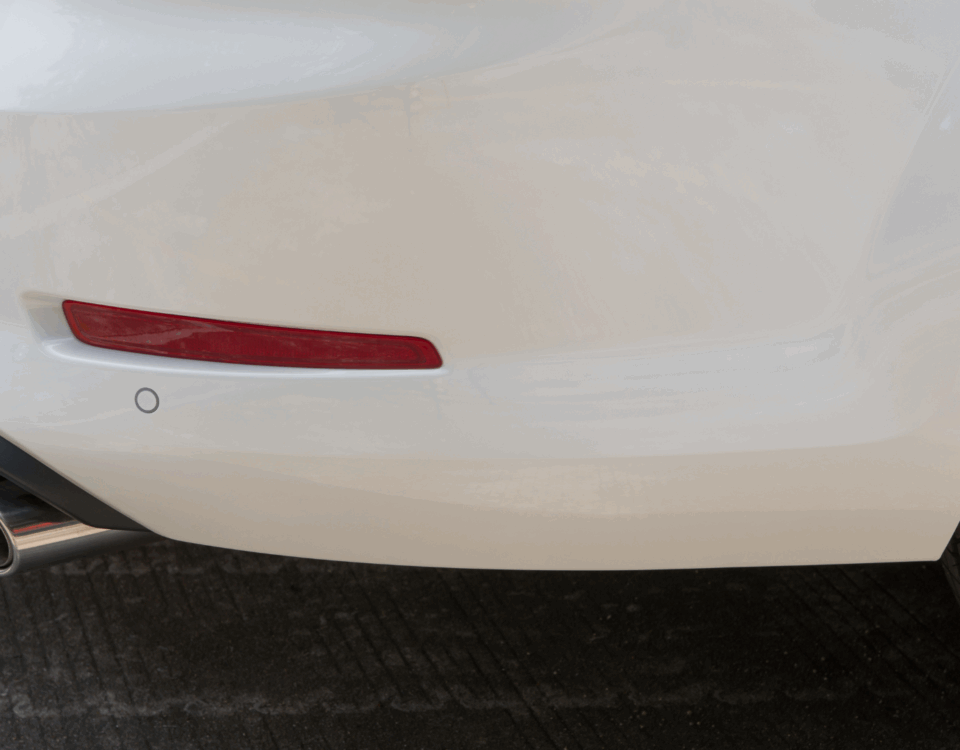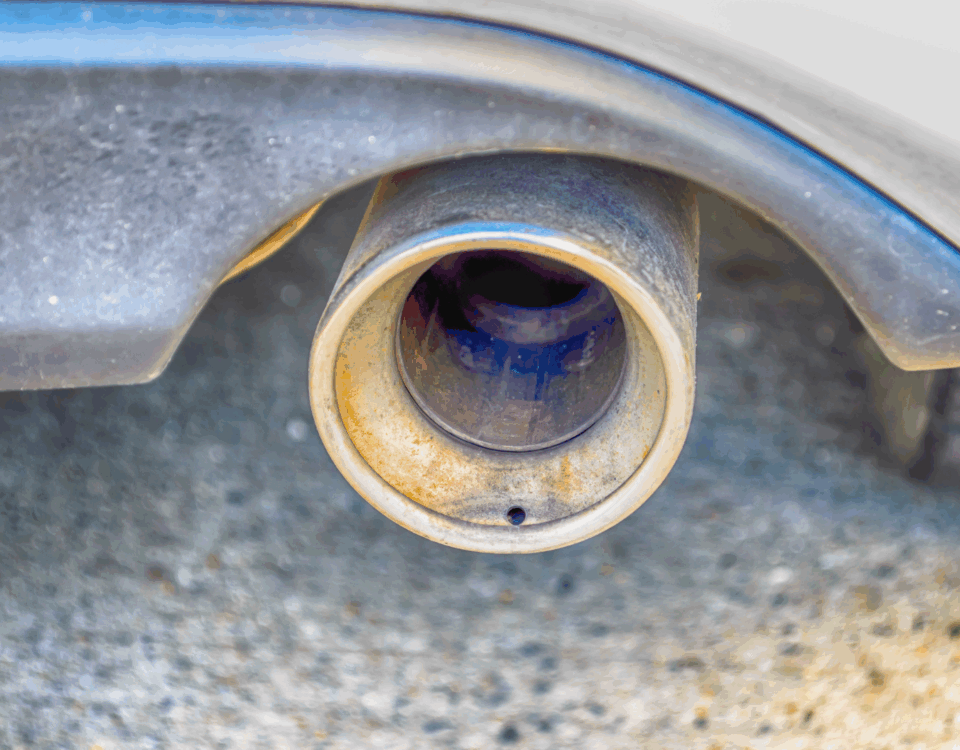Common Reasons Diesel Vehicles Fail a Smog Test
November 5, 2024Essential Tips on How to Prepare for a Smog Check
November 6, 2024As emissions regulations become stricter, diesel vehicles must undergo regular smog test to ensure they meet environmental standards. This guide explores the smog test process, helping diesel owners prepare and understand what to expect.
Why Diesel Vehicles Need a Smog Test
Diesel engines are powerful and fuel-efficient but can produce higher levels of pollutants. A smog test measures a vehicle’s emissions to ensure they comply with air quality standards. For diesel vehicles, this test focuses on specific pollutants like nitrogen oxides (NOx) and particulate matter. The smog test helps reduce these emissions and contributes to cleaner air, which is essential for public health and environmental protection.
Preparing for Your Diesel Vehicle’s Smog Test
Preparation is key to passing a smog test. Start by performing routine maintenance, such as changing the oil, checking the air filter, and ensuring the exhaust system is in good condition. Any unresolved mechanical issues should be addressed, as they can increase emissions levels. Additionally, if your vehicle has an engine warning light on, it’s crucial to resolve it before the test, as this can result in an automatic failure.
What Happens During a Diesel Smog Test
During the smog test, your diesel vehicle goes through a series of assessments. First, the technician inspects the vehicle for visible emissions. Then, they may conduct an opacity test, which measures the density of smoke emitted. Diesel smog tests also include an onboard diagnostics (OBD) check, which examines the engine’s computer for emission-related error codes. These steps ensure the vehicle complies with emissions standards and provides a clear picture of its environmental impact.
Common Reasons Diesel Vehicles Fail the Smog Test
Understanding why diesel vehicles fail smog tests can help you avoid these issues. Common reasons include malfunctioning sensors, worn-out catalytic converters, and excessive smoke emissions. Faulty oxygen sensors or diesel particulate filters (DPFs) can also cause failures. Staying ahead of maintenance and addressing these problems promptly improves your chances of passing and reduces the likelihood of costly repairs later.
Benefits of Regular Smog Tests for Diesel Vehicles
Regular smog test offer numerous benefits beyond regulatory compliance. They help identify underlying issues early, ensuring the engine runs smoothly and efficiently. Passing the smog test also reduces emissions, contributing to cleaner air and a healthier environment. Furthermore, a well-maintained diesel vehicle typically has better fuel efficiency, saving you money on fuel over time.
Read More:





